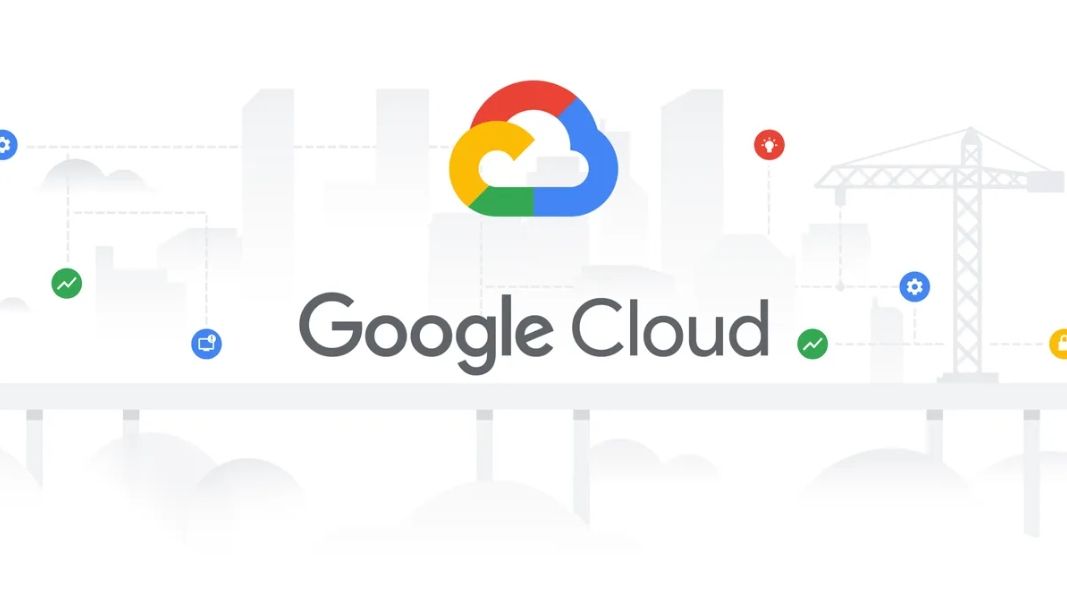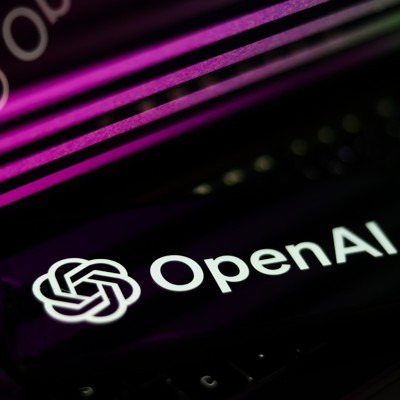OpenAI's 2024 Developer Event: Easier Voice Assistant Creation

Table of Contents
Streamlined Development Tools and APIs
OpenAI unveiled new and improved APIs and SDKs, significantly reducing the technical hurdles associated with voice assistant development. This includes simplified workflows and readily available tools that accelerate the process. These advancements make voice assistant creation accessible to a wider range of developers, regardless of their prior experience with AI or NLP.
-
Simplified API calls for speech-to-text and text-to-speech conversion: The new APIs offer cleaner, more intuitive interfaces for converting spoken words into text and vice versa. This means developers can spend less time wrestling with complex code and more time focusing on the overall user experience.
-
Improved documentation and tutorials for easier onboarding: OpenAI has invested heavily in creating comprehensive and user-friendly documentation and tutorials. This makes it easier for developers to get started, even if they're new to the OpenAI ecosystem. The improved resources include interactive examples and troubleshooting guides.
-
Pre-trained models that accelerate the development process: OpenAI provides access to pre-trained models that handle many of the complex tasks involved in voice assistant development. This means developers can leverage existing technology to build functional voice assistants quickly, reducing development time and resource costs.
-
Enhanced error handling and debugging tools: The updated tools include sophisticated debugging capabilities, allowing developers to identify and address problems more efficiently. These enhancements minimize the time spent troubleshooting and improve the overall development workflow.
-
Reduced development time by up to 50% (estimated): While precise figures require further testing, early reports suggest a significant reduction in development time thanks to these improvements.
-
Simplified integration with existing platforms and services: The new APIs are designed for seamless integration with various existing platforms and services, enabling developers to incorporate voice assistant capabilities into their existing applications quickly and easily.
-
Improved accuracy and performance of speech recognition and synthesis: The underlying models have been significantly enhanced, leading to more accurate speech recognition and natural-sounding speech synthesis.
Enhanced Natural Language Understanding (NLU)
OpenAI's advancements in NLU significantly enhance the conversational capabilities of voice assistants. The new features allow for more natural and intuitive interactions, moving beyond simple command execution to more complex dialogue. This leap in capability opens the door for more sophisticated and engaging voice assistant applications.
-
Improved intent recognition and entity extraction: The improved NLU models are better at identifying the user's intent and extracting relevant information from their requests. This leads to more accurate and contextually appropriate responses.
-
More robust dialogue management for smoother, more natural conversations: OpenAI has improved the dialogue management capabilities, enabling voice assistants to handle more complex conversations and maintain context over extended interactions. This results in more fluid and engaging user experiences.
-
Enhanced context awareness for better understanding of user requests: The systems now have a better understanding of the context of a conversation, allowing for more accurate interpretation of user requests, even when those requests are indirect or ambiguous.
-
Reduced misinterpretations of user commands: The improved NLU significantly minimizes the risk of the voice assistant misinterpreting a user's request.
-
Increased ability to handle complex and nuanced requests: Developers can now build voice assistants capable of handling intricate and context-dependent requests that would have been challenging to implement previously.
-
More engaging and human-like conversational experiences: These advancements make it possible to create voice assistants that exhibit more natural and engaging conversational abilities, moving beyond simple question-answer interactions.
Cost-Effective Solutions for Voice Assistant Development
OpenAI addressed the cost concerns associated with voice assistant development by offering more accessible pricing and scalable solutions. This makes voice assistant technology more widely available to developers, regardless of budget constraints.
-
More affordable pricing plans for their APIs and services: OpenAI has introduced more flexible pricing tiers to cater to developers with varying budgets.
-
Scalable solutions that adapt to varying needs and budgets: The new tools and APIs are designed to scale easily, allowing developers to adjust their resource usage based on the demand for their voice assistant.
-
Options for integrating with cloud-based infrastructure: Developers can leverage cloud-based infrastructure to reduce the costs associated with setting up and maintaining their own servers.
-
Reduced infrastructure costs through cloud-based solutions: Utilizing cloud services reduces the need for extensive upfront investments in hardware and infrastructure.
-
Flexible pricing plans to suit different project sizes: Whether developing a small-scale prototype or a large-scale commercial application, there are pricing options available.
-
Easier access to AI technology for startups and independent developers: The cost reductions open doors for smaller development teams and startups to participate in the voice assistant revolution.
Improved Accessibility Features
OpenAI highlighted their commitment to inclusivity by emphasizing accessibility features. The new tools boast improved support for various languages and dialects, making voice assistant development more accessible globally. Features like improved speech recognition for accented speech and support for multiple languages directly contribute to building more inclusive applications.
Conclusion
OpenAI's 2024 developer event has undoubtedly made voice assistant creation significantly easier and more accessible. The streamlined tools, enhanced NLU capabilities, and cost-effective solutions empower developers of all levels to build innovative and engaging voice assistants. Don't miss out on this revolution – explore OpenAI's resources and start building your own voice assistant today! Learn more about the improved tools and APIs for easier voice assistant creation at [link to OpenAI resources].

Featured Posts
-
 Is Google Facing Its Biggest Threat Yet A Potential Breakup Analyzed
Apr 22, 2025
Is Google Facing Its Biggest Threat Yet A Potential Breakup Analyzed
Apr 22, 2025 -
 Ftc Probe Into Open Ai Implications For Ai Development And Regulation
Apr 22, 2025
Ftc Probe Into Open Ai Implications For Ai Development And Regulation
Apr 22, 2025 -
 The La Palisades Fire A List Of Celebrities Affected By The Disaster
Apr 22, 2025
The La Palisades Fire A List Of Celebrities Affected By The Disaster
Apr 22, 2025 -
 Open Ai Facing Ftc Investigation Data Privacy And Ai Concerns
Apr 22, 2025
Open Ai Facing Ftc Investigation Data Privacy And Ai Concerns
Apr 22, 2025 -
 Post Easter Truce Russias Renewed Assault On Ukraine
Apr 22, 2025
Post Easter Truce Russias Renewed Assault On Ukraine
Apr 22, 2025
